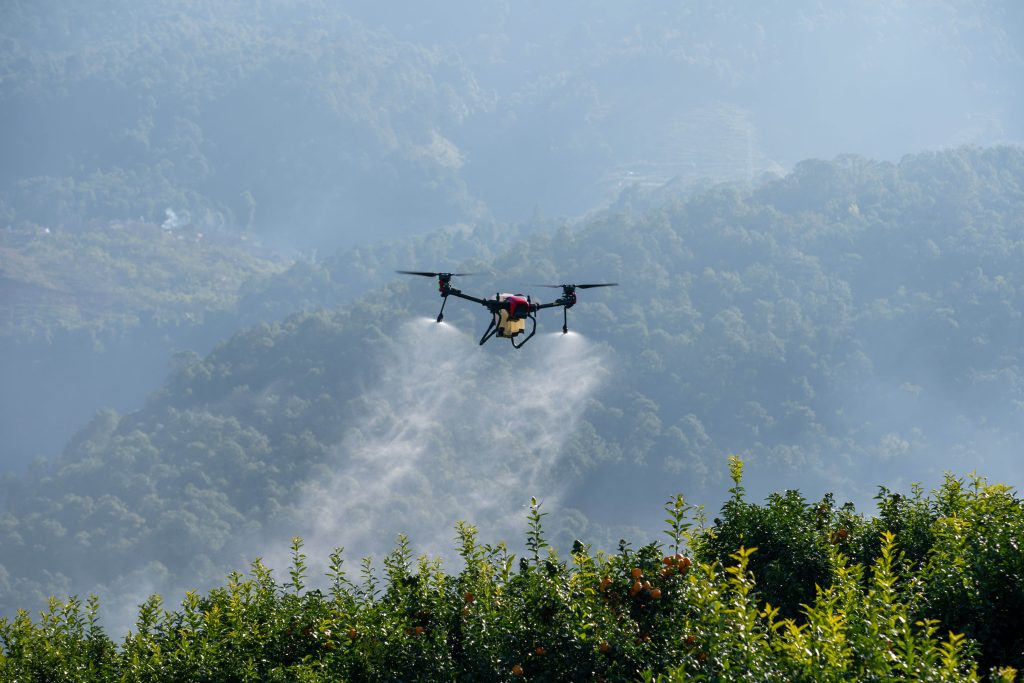In recent years, agricultural drones have revolutionized the way we cultivate crops and manage farms. These unmanned aerial vehicles, or UAVs, have become indispensable tools for modern agriculture. In this article, we will explore the various applications and benefits of agricultural drones.
Agricultural drones are equipped with a range of sensors and cameras that can capture valuable data about crops, soil, and the overall health of a farm. They can be used for tasks such as crop monitoring, pest control, and irrigation management. Drones provide farmers with a bird’s-eye view of their fields, allowing them to make informed decisions to optimize crop yields and reduce operational costs.
One of the key advantages of agricultural drones is their ability to cover large areas quickly and efficiently. This makes them particularly useful for precision agriculture, where every action is carefully calculated to maximize productivity. Drones can identify areas of a field that require special attention, such as nutrient deficiency, water stress, or the presence of pests. With this information, farmers can apply resources precisely where needed, reducing wastage and environmental impact.
Furthermore, drones are instrumental in ensuring crop health and quality. They can capture high-resolution images and multispectral data, enabling early detection of diseases, pests, or nutrient deficiencies. By addressing these issues promptly, farmers can prevent crop losses and reduce the need for chemical interventions. This not only saves money but also promotes sustainable and environmentally friendly farming practices.
Agricultural drones also play a vital role in water management. By analyzing thermal images and moisture levels in the soil, drones can help farmers optimize irrigation schedules, reducing water consumption and conserving this precious resource. This is especially important in regions with water scarcity, where efficient water use is essential for agriculture’s sustainability.
In conclusion, agricultural drones have transformed farming by providing real-time data and insights that enable farmers to make data-driven decisions. With their ability to cover large areas rapidly, detect crop issues early, and promote efficient resource usage, they have become an invaluable tool for modern agriculture. As technology continues to advance, we can expect even more innovative applications for agricultural drones in the future.







Please sign in to comment
register